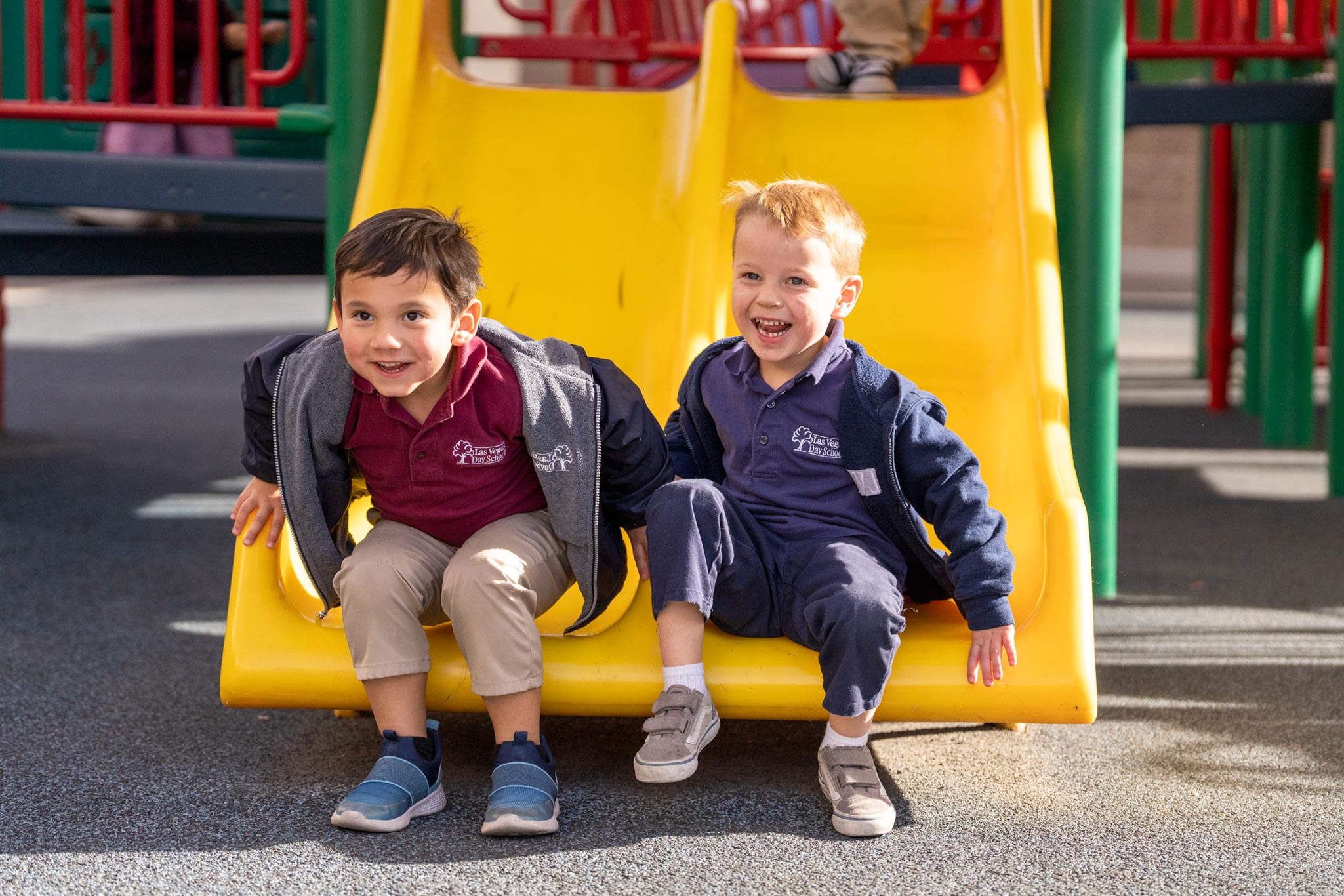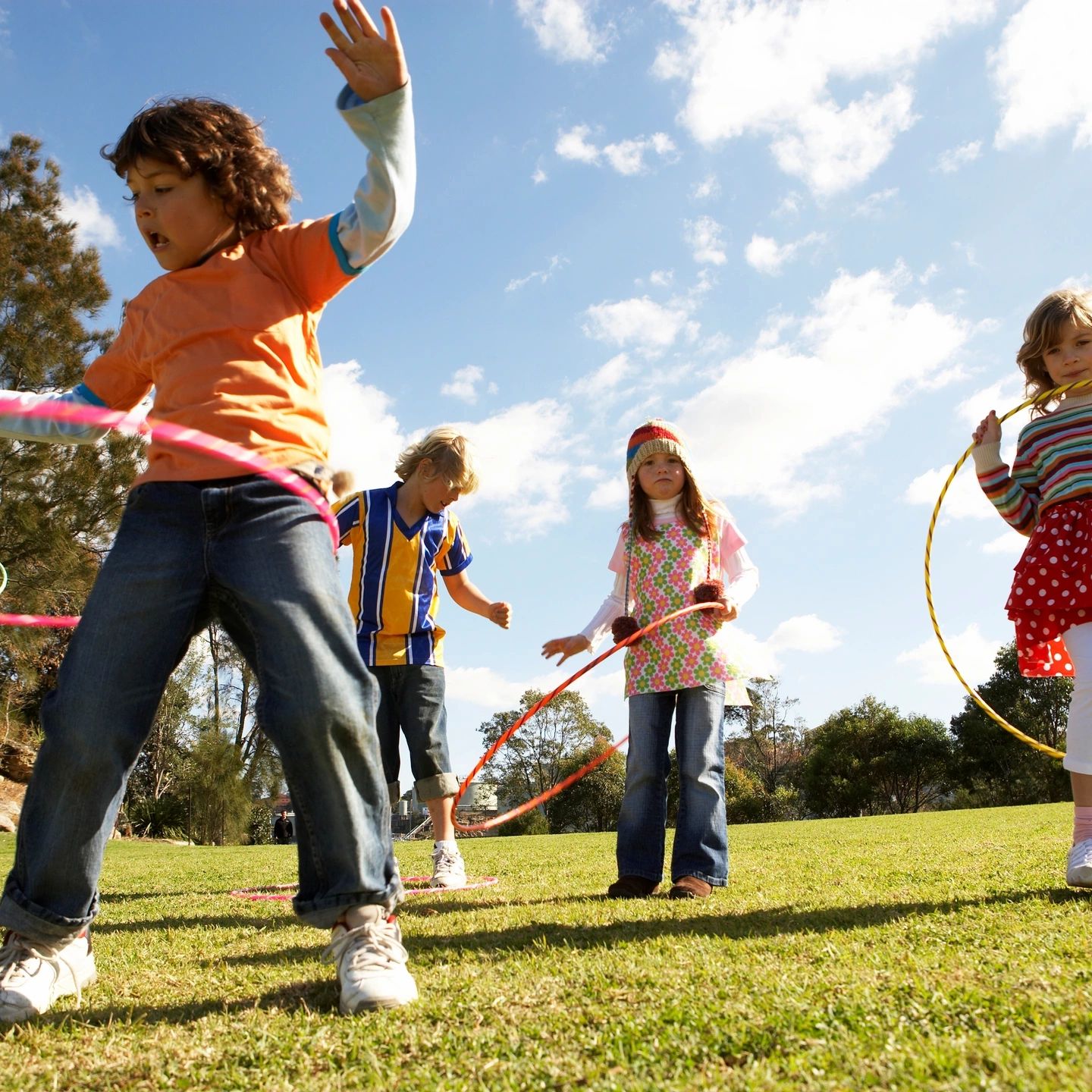The Value of Interactive Tasks in Quality College Education And Learning
Interactive tasks play an essential duty in grade college education and learning. They involve pupils and boost finding out outcomes. Through group tasks and hands-on experiments, trainees experience the material in a practical way. This technique deals with varied learning designs and advertises crucial abilities. The benefits expand beyond academics. Checking out the much deeper influence of these tasks exposes their significance fit young students' futures. What makeovers occur when students actively participate?
Enhancing Interaction Through Interactive Understanding
Typical mentor methods have their qualities, interactive understanding significantly improves trainee interaction in grade institution education. This strategy motivates active involvement, permitting students to immerse themselves in the knowing process. By using group tasks, hands-on experiments, and technology-driven resources, educators create a setting where pupils feel much more connected to the material.
Interactive knowing assists in partnership among peers, fostering communication abilities and team effort. It also accommodates varied knowing styles, guaranteeing that visual, auditory, and kinesthetic learners can all prosper. Additionally, trainees are a lot more likely to maintain details when they proactively get involved, instead of passively receiving understanding.
This dynamic approach not just makes discovering enjoyable yet also imparts a feeling of possession in trainees regarding their educational trip. As they engage with the web content, their curiosity and inspiration to learn rise, laying a solid structure for future scholastic success.
Establishing Crucial Assuming Skills
Interactive discovering not just boosts involvement but likewise works as a catalyst for developing important thinking skills in quality institution trainees. Through tasks such as problem-based learning, discussions, and hands-on experiments, pupils are motivated to analyze details, review different point of views, and create reasoned conclusions. These interactive experiences need pupils to doubt presumptions, leading them to assume even more deeply concerning different subjects.

Additionally, interactive tasks usually existing real-world situations that test trainees to apply their understanding creatively. By maneuvering through these challenges, they discover to determine appropriate info and make notified decisions. This procedure fosters not just private important thinking however also urges pupils to verbalize their assumed processes, improving their ability to communicate effectively. Therefore, interactive understanding settings cultivate a generation of essential thinkers that are much better prepared to tackle intricate troubles in their future academic and professional endeavors.
Fostering Partnership Amongst Peers
Cultivating cooperation amongst peers is important in elementary school education, as it boosts team effort and interaction abilities. Involving in group tasks helps trainees build depend on and regard for each other, preparing for efficient partnership. Additionally, analytical together allows students to learn from each various other and develop a cumulative method to obstacles.
Synergy and Communication Skills
Efficient synergy and interaction abilities are crucial parts of a successful elementary school education. Taking part in interactive tasks encourages students to collaborate, share ideas, and solve problems together. Such experiences advertise the growth of vital communication capabilities, enabling youngsters to reveal their thoughts plainly and listen actively to others. Via teamwork, trainees find out to appreciate diverse point of views, promoting a sense of area and shared duty. Structured group jobs, whether in academics or imaginative jobs, enhance peer interactions, showing children how to discuss duties and settle problems. As a result, these abilities not just contribute to a positive class atmosphere yet also prepare trainees for future joint endeavors in higher education and the office. On the whole, teamwork and communication are foundational to all natural advancement in elementary school.
Structure Count On and Respect
Structure trust and regard among peers functions as a cornerstone for successful cooperation in quality college environments. They are more likely to involve proactively in team tasks when pupils really feel valued and respected by their schoolmates. Interactive activities, such as team jobs and participating games, provide chances for pupils to gain from one an additional, cultivating a sense of community. This setting urges open communication, allowing pupils to express their concepts and point of views without anxiety of judgment. As trust fund develops, pupils come to be extra ready to share responsibilities and sustain each other's learning. Inevitably, growing an environment of trust and respect improves not just academic results however also social development, furnishing students with essential social abilities for their future undertakings.
Problem-Solving Together
Collective analytic engages students in crucial reasoning and teamwork, crucial skills for their individual and academic development. When pupils interact to deal with challenges, they learn to interact successfully, regard diverse viewpoints, and leverage each various other's toughness. This procedure boosts their ability to analyze issues from numerous angles and develop innovative solutions. Group tasks, such as scientific research you can check here experiments or mathematics difficulties, advertise energetic involvement and cultivate a sense of area. As pupils team up, they additionally build social skills, learning to work out and endanger, which are essential for future communications. Eventually, analytical with each other cultivates a supportive knowing environment, equipping students to take ownership of their education while preparing them for joint endeavors past the classroom.
Encouraging Imagination and Development
Urging creativity and innovation in quality school education and learning can be considerably enhanced with hands-on understanding experiences. These activities enable students to engage directly with materials and ideas, fostering creative reasoning. Furthermore, collective group jobs can promote varied concepts and services, further supporting an imaginative atmosphere.
Hands-On Knowing Knowledge
A wide range of hands-on discovering experiences greatly improves creativity and technology in elementary school education and learning. Engaging pupils in functional tasks enables them to apply theoretical understanding in real-world contexts, promoting deeper understanding. By adjusting products and tools, kids establish important analytic skills and learn to assume outside the box. These experiences influence interest and encourage trainees to discover their interests additionally. In addition, hands-on tasks can bridge different subjects, connecting science, art, and mathematics in significant ways. This interdisciplinary technique urges trainees to see links and believe creatively. Eventually, hands-on discovering experiences support a generation of trendsetters, equipping them with the skills and confidence needed to deal with future obstacles and add to culture in unique means.
Collaborative Team Projects
Hands-on discovering experiences normally bring about the consolidation of collaborative team jobs, which play an essential function in promoting creativity and technology in grade school education. These jobs encourage pupils to interact, sharing viewpoints and ideas, which enhances analytical abilities and critical thinking. Via cooperation, trainees learn to interact efficiently and regard diverse viewpoints, essential skills for their future. Additionally, group jobs supply chances for trainees to experiment with various roles, boosting their flexibility and confidence. Participating in this cooperative setting enables them to discover their imagination, pushing the limits of typical understanding. Ultimately, collaborative group projects not just enrich the instructional experience yet additionally prepare students for real-world obstacles that need synergy and ingenious reasoning.
Building Confidence and Independence
As students take part in interactive activities, they usually find chances to build confidence and freedom. These tasks, whether they include hands-on jobs, role-playing, or problem-solving tasks, encourage students to take initiative and express their concepts honestly. By taking part in such experiences, students learn to trust their capacities and make decisions without depending exclusively on assistance from educators or peers.
In addition, interactive activities cultivate a feeling of ownership over discovering. They establish critical believing abilities and durability when pupils deal with difficulties collaboratively or independently. This process not only boosts their understanding of the subject matter however also equips them to take risks in their learning journey.
As they navigate different interactive situations, trainees progressively lost their self-doubt, leading the way for increased self-confidence - Private Grade School Peoria. Ultimately, these activities play an important function in nurturing confident and independent students, geared up to face future academic and individual difficulties
Creating a Favorable Class Atmosphere
While cultivating a positive class environment is essential for reliable discovering, it requires intentional effort from instructors click for more info to produce a space where trainees really feel risk-free, revered, and involved. A favorable ambience encourages cooperation, enabling pupils to reveal themselves without fear of judgment.
Educators can attain this by developing clear assumptions, advertising common regard, and recognizing specific contributions. Incorporating interactive tasks further improves involvement, making finding out much more dynamic and satisfying.
Additionally, a caring setting supports social-emotional growth, as students find out to navigate partnerships and settle problems. Educators play an essential duty in modeling favorable behavior and strengthening a culture of generosity and inclusivity.
Often Asked Questions

Exactly How Can Moms And Dads Support Interactive Knowing at Home?
Moms and dads can sustain interactive discovering in the house by providing interesting materials, motivating hands-on jobs, integrating academic games, cultivating discussions, and developing a nurturing setting that advertises interest and expedition in their children's learning experiences. (Private School)
What Sorts Of Interactive Activities Are The Majority Of Reliable?
Hands-on tasks, collective games, role-playing circumstances, and instructional innovation applications are amongst one of the most reliable interactive tasks. These engage trainees, enhance crucial thinking skills, and advertise synergy, eventually fostering a much deeper understanding of numerous subjects.
Just How Do Interactive Activities Deal With Different Knowing Styles?
Interactive activities involve visual, auditory, and kinesthetic learners by including varied techniques. These activities assist in recognizing through hands-on experiences, collaborative conversations, and aesthetic aids, allowing students to take in details according to their recommended knowing style.
What Are the Costs Linked With Carrying Out Interactive Tasks?

Implementing interactive tasks sustains Home Page costs such as products, training for teachers, technology upgrades, and possible center adjustments. Budget restraints can likewise impact the frequency and range of activities provided to pupils in academic setups.
How Can Educators Examine the Impact of Interactive Understanding?
Educators can assess the effect of interactive knowing with observations, pupil responses, performance metrics, and relative analysis of examination scores before and after execution, guaranteeing a thorough understanding of interaction and knowledge retention enhancements.
Through tasks such as problem-based knowing, discussions, and hands-on experiments, students are motivated to examine details, review different viewpoints, and create reasoned final thoughts. Interactive tasks often present real-world situations that challenge trainees to apply their expertise creatively. Involving in interactive tasks urges students to collaborate, share concepts, and fix problems together. Interactive activities, such as team jobs and participating games, supply chances for students to find out from one an additional, cultivating a feeling of neighborhood. As trainees engage in interactive tasks, they often discover chances to develop self-confidence and independence.